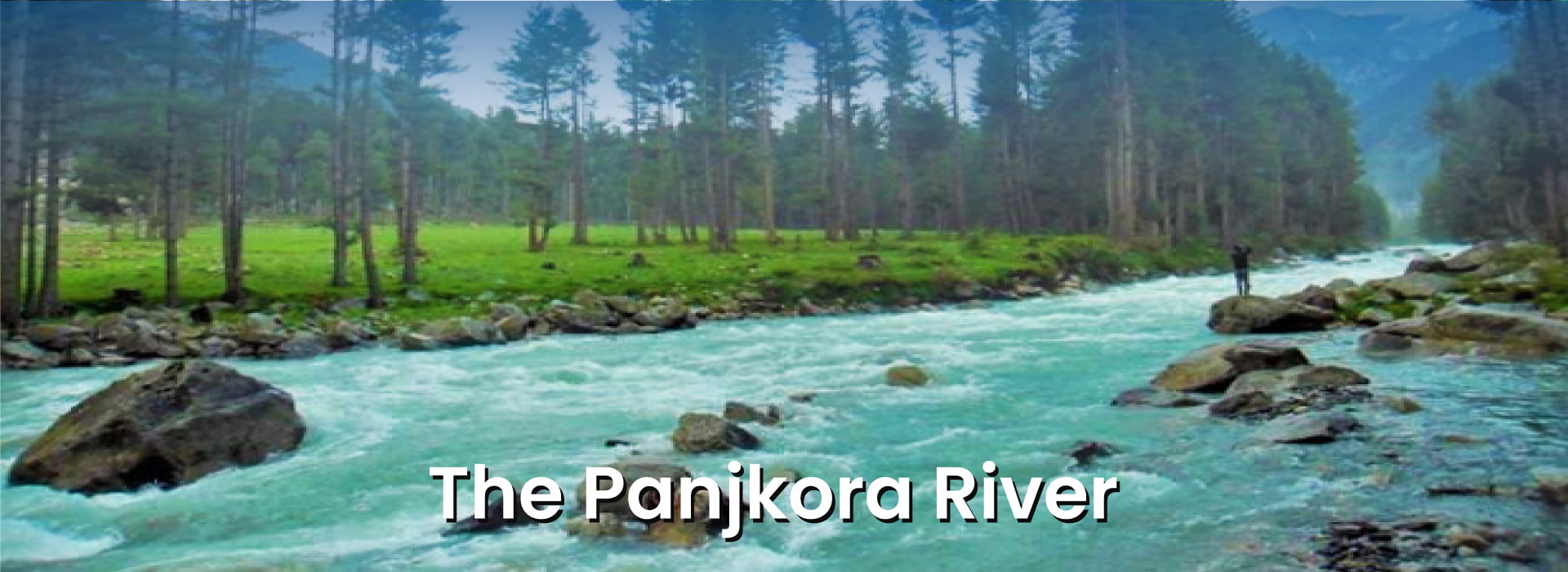 Originating from the heights of Kumrat, the Punjkora River flows 220 kilometers through the scenic Kumrat Valley, and districts Upper and Lower Dir, until it eventually merges with the Swat River at Matiani, at Malakand. In the past, this majestic river boasted pristine waters, untainted by the ravages of haphazard industrialization. Its abundant aquatic life, including flourishing trout populations, bore a testament to its ecological health.
Originating from the heights of Kumrat, the Punjkora River flows 220 kilometers through the scenic Kumrat Valley, and districts Upper and Lower Dir, until it eventually merges with the Swat River at Matiani, at Malakand. In the past, this majestic river boasted pristine waters, untainted by the ravages of haphazard industrialization. Its abundant aquatic life, including flourishing trout populations, bore a testament to its ecological health.
Not only did the Punjkora River boast its natural beauty, but it also serves a crucial role as a vital source of irrigation. Stretching across approximately 56,000 acres of fertile land, the river’s waters sustain agricultural activities in the plains of the Khyber Pakhtunkhwa (KP) province.
Regrettably, the present condition of this once-beautiful river paints a sorrowful picture. What was once a sanctuary for aquatic creatures has been transformed into a desolate dumping ground for solid waste, gutters, and wash water. Consequently, the water quality has suffered severely, inflicting detrimental effects on agricultural yields and the delicate balance of life in the low-lying areas.
To reverse this grim scenario, the Panjkora River demands urgent attention from both governmental authorities and private sector organizations. A comprehensive intervention, intelligently devised, is necessary to address the multifaceted challenges it faces. This intervention must prioritize raising community awareness, waste management, conducting regular water quality assessments, and research to ascertain the specific positive impacts on agriculture and subterranean life.
By diligently implementing these measures, we can breathe life back into the Panjkora River, restoring its splendor and ensuring its vital role in sustaining both the environment and the livelihoods of the communities it supports.